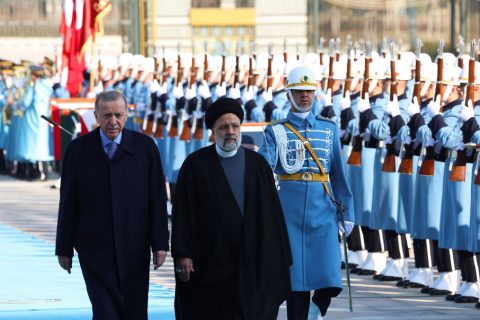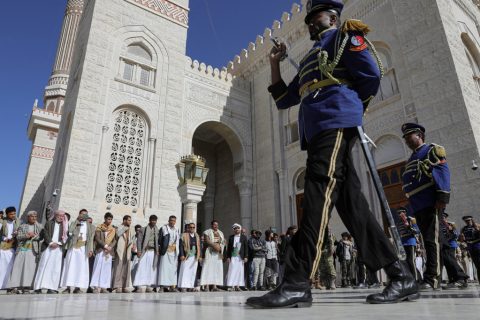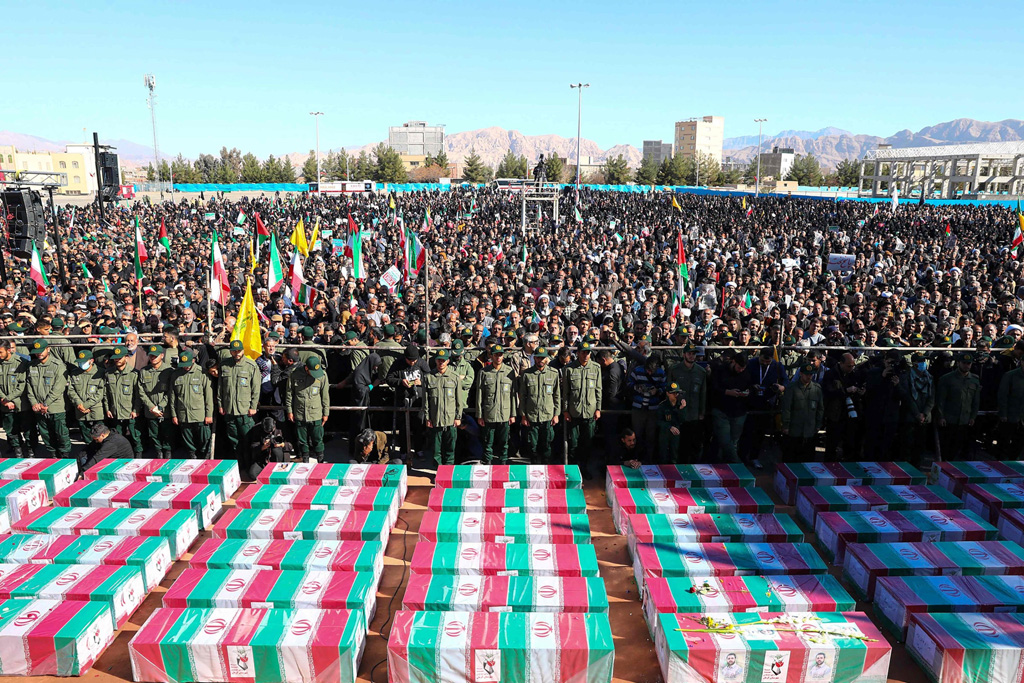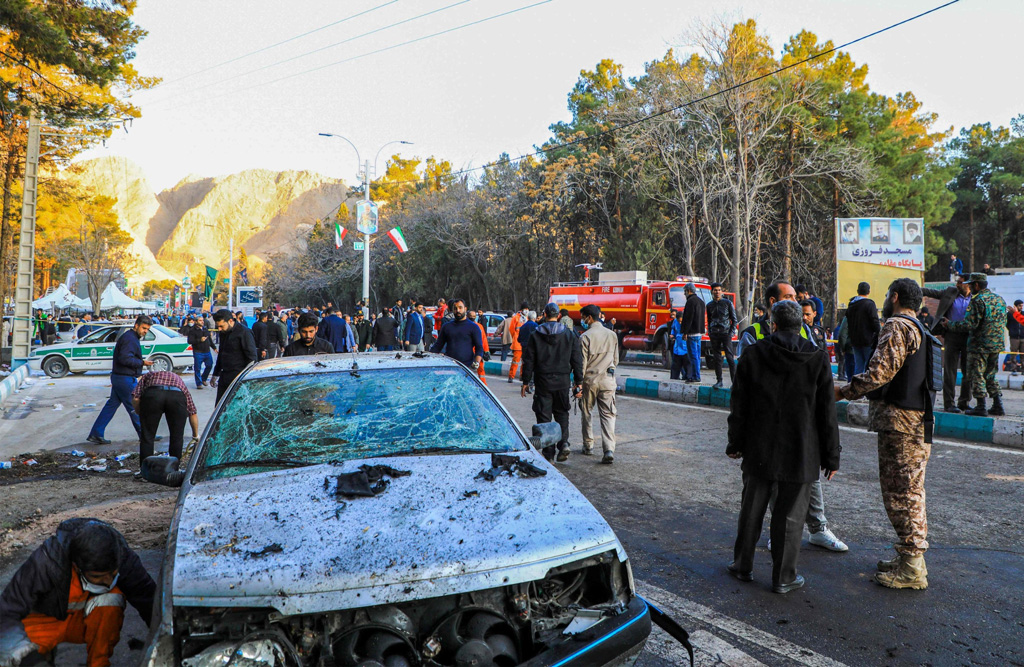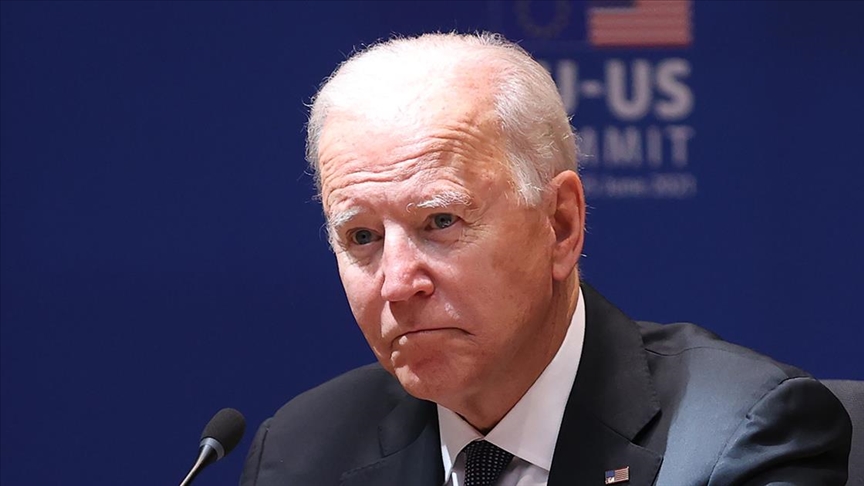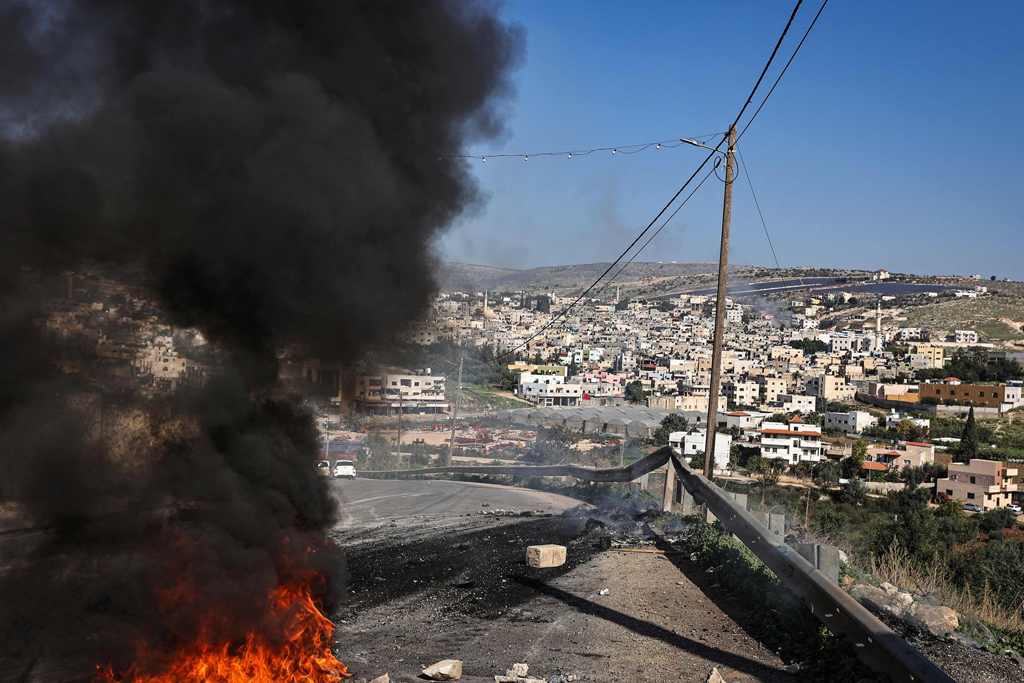Lebanon

New escalation in regional conflict
| OpinionThe killing of three American soldiers in Jordan by pro-Iran militias via UAV strikes initiated …
-
Opinion
New escalation in regional conflict
By Kadir ÜstünThe killing of three American soldiers in Jordan by pro-Iran militias via UAV strikes initiated a new escalation in the escalating regional conflict. Since October 7th, concerns about regional warfare seemed obsolete. We previously noted Israeli Prime Minister Netanyahu's attempt to expand the Gaza conflict regionally and entangle the US in conflict with Iran. The Jordan attack partially succeeded in these efforts. Over the past week, the US conducted military operations in the region, signaling a response.
-
Opinion
Complex dynamics of Türkiye-Iran relations
By Murat YeşiltaşTraditionally, Türkiye-Iran relations have been defined by a mix of competition and cooperation. Sharing a long land border and possessing a multidimensional historical depth, numerous dynamics simultaneously affect the relationship between the two countries.
-
Opinion
Escalating tensions and the militarization of the Middle East
By Murat YeşiltaşThe recent developments in the Middle East region have led to a deepening instability, with the possibility of conflict increasing day by day. In 2023, we witnessed a period of relative normalization in the Middle East. While countries in the region were trying to minimize the potential for conflict, they had come a long way in developing common potential.
Bu Konuda Daha Fazla
-
Who benefits from controlled proxy conflict?
By Burhanettin DuranThe Middle East rang in the new year with assassinations and terror attacks. Saleh al-Arouri, the deputy leader of Hamas' political bureau, was assassinated in Beirut last Tuesday. The following day, two bombings in Kirman, Iran (for which Daesh has claimed responsibility) killed 103 people. As those attacks shifted everyone’s attention to Israel, Iran and Hezbollah pledged to exact “revenge and a heavy price.”
-
From Super Cup crisis to terror attack in Iran
By Burhanettin DuranThe new year got off to an extremely busy start in Türkiye.
-
Terror attack in Iran deepens security crisis in Middle...
By Murat YeşiltaşOn Jan. 4, Tehran Times, an international newspaper of Iran, described Qassem Soleimani, who was killed by the United States in Iraq, as the “architect” of the new regional geometry in the Middle East. On the same day, a terrorist attack occurred in Kerman, Iran, killing more than 100 civilians.
-
US foreign policy outlook in 2024
By Kadir ÜstünThe year 2023 began relatively strong for the U.S. in terms of its claim to global leadership in foreign policy. However, due to a strategic blind spot in the context of the Gaza conflict, it ended on a disappointing note. In the upcoming year, it is not difficult to predict that the Biden administration will attempt to diminish this loss of reputation. However, President Biden's unwavering support for Israel poses a significant obstacle. While Washington acknowledges the unsustainability of this stance, overcoming it to influence Israel's "war cabinet" will require more than leaking discontent to the press. In 2024, Biden must shift his focus from providing ideological support to Israel and concentrate on repairing America's political interests and reputation. Failing to do so will hinder his ability to unite his party or establish superiority in the power struggle with Russia and China.
-
Zionism vs. humanity
By Muhittin AtamanThe current Western governments have been giving full and unconditional support to Israel’s oppressive policies and atrocities. Pro-Israeli Western governments do not take into account their citizens’ views on the latest developments in Palestine. They prefer to support the Zionists but not their people. However, they know that their pro-Israeli positions damage their relations with other countries.

